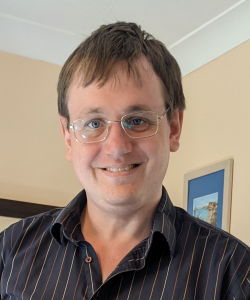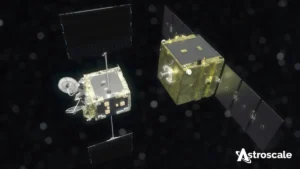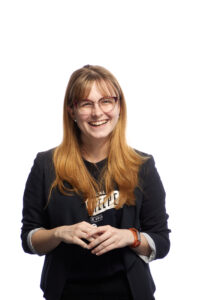Tuesday 21st April 2026 from 19:00 for 19:30
Abingdon United Football Club (Northcourt Rd, OX14 1PL, Abingdon)
 Trains are one of the safest ways to travel, but it hasn’t always been like that. In this talk Dr Wilson will introduce the basics of railway signalling, and look at how it has evolved over time – often in response to accidents and near-misses. You will find out how a single stray wire caused an accident that killed 35 people, why leaves on the line cause such a problem for the railways, and how signalling systems are designed to deal with the inevitable human error. Working from the early days of the railway to the present (and future), the talk will take you through a number of accidents, their causes and the improvements that were made after the accidents.
Trains are one of the safest ways to travel, but it hasn’t always been like that. In this talk Dr Wilson will introduce the basics of railway signalling, and look at how it has evolved over time – often in response to accidents and near-misses. You will find out how a single stray wire caused an accident that killed 35 people, why leaves on the line cause such a problem for the railways, and how signalling systems are designed to deal with the inevitable human error. Working from the early days of the railway to the present (and future), the talk will take you through a number of accidents, their causes and the improvements that were made after the accidents.
Speaker: Dr Robin Wilson
 Robin is an expert in satellite imaging, having won the Remote Sensing and Photogrammetry Society’s PhD Prize for his thesis in 2014. Afterwards he worked in academia but is now a freelance geospatial software engineer, working for clients ranging from small community groups to multi-national corporations to store, process and visualise geographic data such as satellite images and maps.
Robin is an expert in satellite imaging, having won the Remote Sensing and Photogrammetry Society’s PhD Prize for his thesis in 2014. Afterwards he worked in academia but is now a freelance geospatial software engineer, working for clients ranging from small community groups to multi-national corporations to store, process and visualise geographic data such as satellite images and maps.
Website: https://rtwilson.com
Twitter: @sciremotesense
Bluesky: @robintw.bsky.social




